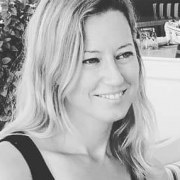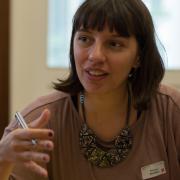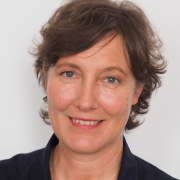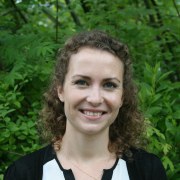Bridging science and everyday life – reaching out to underserved communities
Find this session's presentations here.
Science centres and museums are continuously working on creating inclusive and accessible environments, but we still have a long way to go towards creating more welcoming, context- and culture-sensitive ways of reaching out and connecting with non-users from underserved communities. All working towards equity in participation and education on science, technology, and health, the presenters share experiences in bridging science centres experiences and programmes with the everyday lives of under-served groups.
The session will present ideas, experiences, methods and results from projects combining research with the development of innovative methods for connecting and engaging with new audience groups. The presenters will discuss challenges and possible solutions for creating inclusive and accessible modes of engagement for a variety of different groups.
Facilitator
Department of Science Education, University of Copenhagen
Session speakers
Research Associate, King's College London
The Enterprising Science project explores the concept of science capital and how best to support students who might not typically be engaged or motivated in science to feel that it is ‘for them’. We will draw from our research in this session and share practical ideas for how best to ‘elicit, value and link’ students’ own knowledge and experiences, to meaningfully connect to young people’s lives, and create more accessible, relevant and engaging opportunities for them to participate in science.
The Pop-up-Science-Center “knowledge°room” uses empty shops and other everyday-life locations in underserved districts in Vienna in order to address difficult-to-reach target groups, such as migrants, refugees, and other socially disadvantaged groups. Based on examples and experiences of linking hands-on science activities with cultural, multilingual or everyday issues of these groups, we want to discuss the promises, challenges and limits of this socially inclusive approach.
Experimentarium/Steno Diabets Center
The PULSE project has partnered with local actors in underserved communities to create positive experiences with health and science learning, focusing on how to connect with local practices of family life, neighbourhood, and health. We argue for a need to rethink participation and reconsider our notions of users and non-users. We provide examples of challenges and solutions, and discuss how to create frameworks that support collective engagement and experience.




